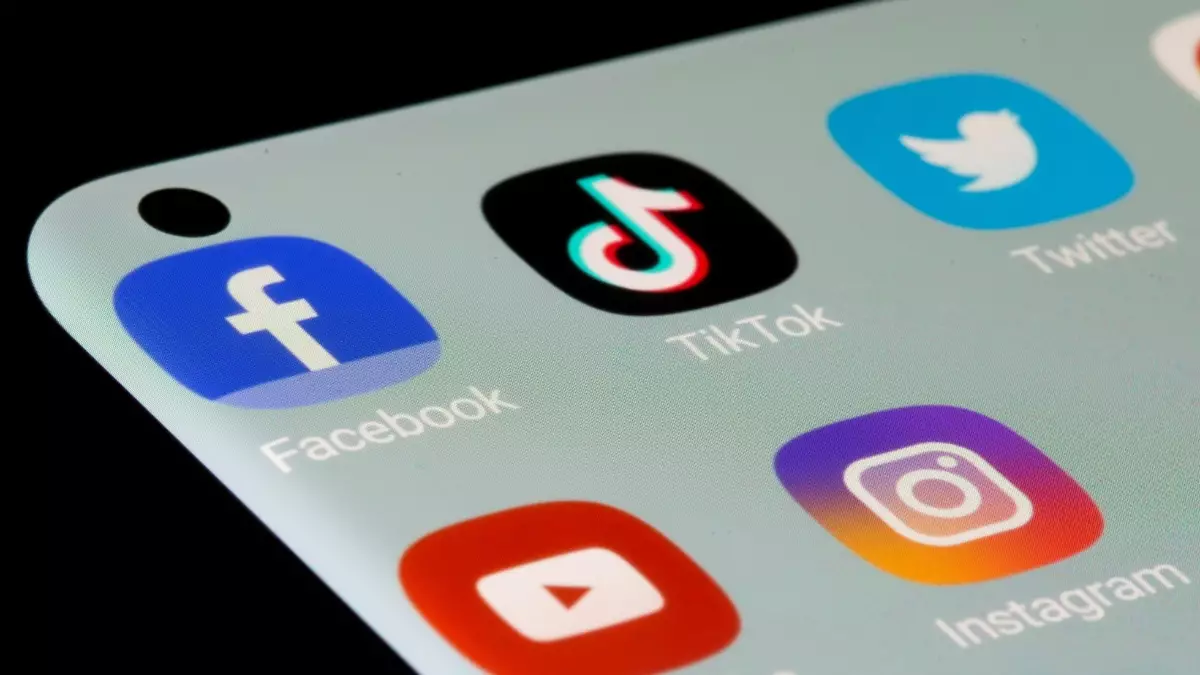Australia is planning to implement a minimum age limit for children to use social media due to concerns about the impact on mental and physical health. Prime Minister Anthony Albanese expressed the government’s intention to conduct an age verification trial before enforcing age minimum laws for social media.
Albanese emphasized the importance of getting kids off their devices and engaging in real-life activities such as sports. He acknowledged the harmful effects of social media on social interactions and overall well-being, prompting the need for regulatory measures.
The proposed age restriction has faced criticism from digital rights advocates who argue that such a measure could drive dangerous online activities underground. The concerns revolve around the potential consequences of limiting access to social media platforms for minors.
Previous attempts to impose age restrictions on social media, including those by the European Union, have been met with resistance over concerns about infringing on the online rights of minors. The move by Australia would position the country among the first to introduce such regulations on a national level.
Meta, the parent company of Facebook and Instagram, which currently have a minimum age requirement of 13, stated its commitment to empowering young users and providing support tools for parents. However, other major platforms such as YouTube and TikTok did not immediately respond to the proposal.
The high prevalence of social media usage in Australia, with a significant proportion of the population actively engaged online, underscores the potential impact of age restrictions. A large percentage of Australian teenagers have reported using platforms like YouTube and Instagram, highlighting the pervasive influence of social media in their lives.
While the government’s initiative aims to address mental health concerns associated with social media use among teenagers, there are reservations about enforcing a lower age limit. Critics worry that imposing restrictions could inadvertently push younger users to conceal their online activities, posing additional risks.
Experts have cautioned against the potential negative consequences of excluding young people from mainstream online spaces, which could lead them to less regulated and potentially harmful platforms. The need for a balanced approach that considers the overall well-being of young users while promoting responsible digital engagement is crucial.
Australia’s internet regulator, the eSafety Commissioner, has highlighted the importance of collaboration with various stakeholders to refine the country’s approach to online harms. The commissioner emphasized the need to address safety issues across different platforms and age groups to protect users from potential threats online.
Industry bodies representing social media platforms, such as DIGI, have called for a comprehensive evaluation of the implications of age restrictions on young users. They argue that input from mental health experts and marginalized groups is essential to ensure that regulatory measures do not inadvertently push children towards unsafe online environments.
Australia’s plan to set a minimum age limit for social media use reflects growing concerns about the impact of digital technology on young people’s well-being. While the intention to promote healthier online habits is commendable, it is essential to consider the potential consequences and engage in collaborative efforts to safeguard the digital experiences of all users.


Leave a Reply